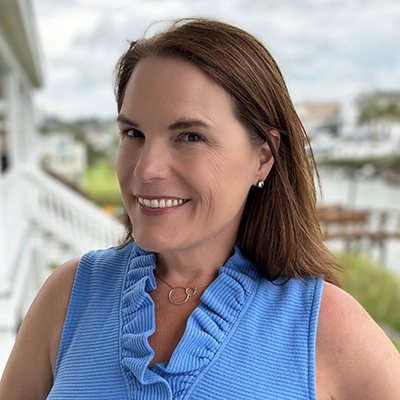Surveys tell us 87% of Americans want to live healthier and longer lives. And 53% want to live to be 100 years of age. Driven by Millennials facing down their 40s and Boomers who’ve always believed they’re not going to grow up or grow old (depending on the tune of choice), the science of longevity has become a booming business for consumers who want more from and simply more life in their years. Let’s take a look at how this desire for longevity is going to impact senior living.
Lifestyle or Housing Solution
Do you know who holds the Guinness World Record for being the oldest living skydiver? It’s Dorothy Hoffner, who took a tandem jump at the age of 104! Centenarians aren’t just sitting around or playing shuffleboard! They’re too busy living life. But for too many, connecting with this growing segment of the population is more of a challenge than expected.
Andrew Scott from the London Business School notes that while there may be more than 700 million people over the age of 65 years, identifying them as a market is tricky. They’re not a single cohort of like-minded oldsters. But what we’re seeing in the marketplace is R&D teams delivering something they believe their audience should want based on their assumptions about what it means to be old in the 21st century. Today’s seniors are rewriting the rules about what it means to be 70, 80, and 100. I see this play out in senior living communities. Beautiful lobbies, smiling players on a pickleball court and happy residents finishing a meal are common images. But is this what seniors really want or what we think they should want?
Home vs Senior Community
Most seniors are already considering longevity and what it means for them when it comes to home. A 2022 AARP survey found that 77% of older adults want to age in place in their own homes. While only about two-thirds of the homes are equipped for aging in the long term, nearly half of the respondents would consider moving to an accessory dwelling unit (ADU) or downsizing in order to live independently. In short, they want to live at home.
Matt Thornhill thinks the future of senior living is more likely to be centered on a senior’s needs at home. Major companies like Best Buy, CVS and Humana are going to change the landscape when they offer in-home care and services that actually match the needs and wants of seniors. And by doing it at scale, they will be able to successfully compete with even upscale senior communities.
Thank Science
Having the desire to live to be 100 isn’t enough for it to become a fact. Science tells us genetics accounts for about 25% of longevity, and there are 281 genes involved! A healthy diet, physical activity, social support and geography are important factors in reaching centenarian status. None of these non-genetic factors are new, but they do take effort. That may be one reason, those longing to age gracefully are turning to science and medicine to make it a little easier if not a little more expensive. After all, we’re talking about a healthier life, not just a longer one.
Longevity medicine itself is an emerging field. From supplements and nutraceuticals to longevity clinics and biohacking, there’s a steady stream of clients willing to pay for treatments, both proven and unproven. Many may be questionable, but the New England Centenarian Study is making progress in understanding and decoding longevity.
The Century Mark
What, Matt Thornhill asks, will happen when upscale seniors (or any senior) don’t need a community to live a vibrant and active life? How are we going to spend 30 or 40 years of retirement? Not surprising, MIT’s AgeLab asked 1,200 people what they wanted to be at age 100. The top two answers were a wise person (39%) and a giver or helper (25%). And this might be the most important lesson I learned from my research. The Centenarian Study has found that for those who hit the century mark, disability and illness generally becomes an issue only at the very end of their life. Which means our seniors have decades of activity in front of them. Framing that discussion in terms of sharing wisdom and giving back may be the key to a senior living community’s future.
How is your community preparing for more centenarians? Is longevity part of your strategy for future growth? I’d love to hear from you about your thoughts on living to be 100. In the meantime, I’ll be humming along to The Ramones about how “I don’t wanna grow up” and thinking about my own dreams of longevity.





